All good things must come to an end. Within the context of Indian cricket, that applies to the golden chapter that is Rohit Sharma’s reign as captain, which officially came to an end on Saturday, nearly four years since the ‘Hitman’ was appointed Virat Kohli’s successor.
Rohit, after all, is in the twilight of his career at the age of 38, and the gas in the tank will run out sooner rather than later. He hasn’t represented the Men in Blue for seven months now and was last seen in action in the Indian Premier League playoffs in late May. Despite the fact that they were slowly getting used to life without Rohit and Kohli on a regular basis, either in the blue or the white kit, a section of Indian cricket fans would have held hope that the former would continue to lead in the 50-over game, the only format that he’s active in.
Such hopes, however, were dashed on Saturday when Shubman Gill was unveiled as the new ODI captain during chief selector Ajit Agarkar’s announcement of India’s squads for the upcoming white-ball tour of Australia. Gill had been named Rohit’s successor as Test captain in May after the latter’s abrupt retirement from five-day cricket, and took another step towards becoming India’s next all-formats captain on Saturday.
End of a golden era
Rohit thus achieves the rare feat of signing off as captain on a winning note, having led the Men in Blue to victory in the Champions Trophy in March, helping them win a second consecutive ICC title.
The BCCI and Indian team management’s decision to remove Rohit from leadership after such a red-hot run did take many in the Indian cricket circles by surprise, including spin legend Harbhajan Singh who admitted he was “shocked” by the announcement.
“To be honest, this news is a little bit shocking to me. If at all, he was going to Australia, he should have been the captain. He won the Champions Trophy, and other tournaments too (T20 World Cup),” ‘Bhajji’ said on Star Sports on Saturday.
Even if he does not go on to lead the Indian team in the 2027 ODI World Cup, Rohit can sit back and take pride in what he has achieved as a captain, especially in the one-day format.
Impact Shorts
More ShortsEach of his predecessors – from Kohli and MS Dhoni to Sourav Ganguly and Rahul Dravid – have left behind a lasting impression as leaders and created a legacy for themselves.
And when it comes to the ‘Hitman’, who had replaced Kohli as captain during Ganguly’s tenure as BCCI president, he certainly has left the Indian team in a much better state than when he first assumed charge on a permanent basis.
India, after all, had achieved extraordinary feats in Test cricket under Kohli’s leadership but couldn’t quite establish their authority in the white-ball formats, eventually going through a decline that culminated in a disastrous first-round exit from the 2021 T20 World Cup.
And while the team began to show signs of improvement in Rohit’s first year in charge, India were still stuttering towards the end on major tournaments – failing to reach the final of the 2022 Asia Cup and getting routed by England in the semi-finals of the T20 World Cup later in the same year.
Rohit had already led Mumbai Indians to five IPL titles by the time he was named India captain, and was carrying quite the formidable reputation as a white-ball leader. And like MS Dhoni before him, he showed that his success as a leader wasn’t limited to the world’s biggest T20 league alone.
Transforming India’s white-ball fortunes in 2023
The turning point in his leadership – and perhaps in the Indian team’s recent history – came in the year 2023, specifically in the ODI format. After struggling in two major T20 events in 2022, the Men in Blue were a completely different unit in the 2023 Asia Cup as they bulldozed their way to their eighth continental title, bundling Sri Lanka out for just 50 in the final.
It was that touch of ruthlessness that would become the highlight of the ICC World Cup later that year, where India were light years ahead of all the other teams as they notched up one lopsided victory after another until running into the big-match juggernaut that is Australia in the final.
The Men in Blue finished runners-up for only the second time in World Cup history despite producing what many might claim as their most dominant campaign ever in the history of the prestigious tournament. But it was the manner in which the ‘Hitman’ led his troops over the course of three months in his typical laidback style that changed the complexion of the Indian team.
It’s worth noting that Rohit and Kohli had voluntarily stepped away from the T20 format at that point, but were brought back in the build-up to last year’s T20 World Cup after their red-hot run in the ODI showpiece tournament.
And this time, the ‘Hitman’ would finally end an 11-year ICC title drought for the Indian team, who defeated South Africa in the final and lifted the trophy with a 100 per cent winning record. One ICC trophy would then quickly lead to another, with the ‘Class of 2023’ getting together to produce another clinical collective performance as they waltzed their way to the title with five wins in as many outings.
“Rohit Sharma. Thank you so much. You were a phenomenal captain tactically astute, but most importantly, very, very friendly and got along with everyone and made them feel so comfortable. But for me, the legacy that you’ve left as a captain. In those big moments, those big matches, you taught this current team what it takes to win,” former India wicketkeeper Dinesh Karthik said in a video on Instagram, paying tribute to Rohit the leader.
“2024 T20 World Cup campaign unbeaten, Champions Trophy unbeaten. 2023, just that final. That is outstanding. And even after that you can see the after effects. Asia Cup unbeaten with a young team. That is what you’ve given this team India. You’ve left it in a better place than what it was when you started, and that’s always a great sign of a leader,” he added.
Along the way, he had formed a close captain-coach bond with Indian batting legend Dravid, who had succeeded Ravi Shastri in the role around the same time as Rohit replacing Kohli. ‘Jammy’ certainly was to Rohit what Shastri was to Kohli, what Gary Kirsten was to Dhoni and what John Wright was to Sourav Ganguly.
The statistics don’t lie either – Rohit has the best winning percentage (75) among India captains in the ODI format having led in at least 10 matches, with the team winning 42 out of 56 matches under his leadership. His T20I win percentage (79.03) is only second to that of Suryakumar Yadav (79.31), who has played 33 matches fewer as captain.
What next for the ‘Hitman’?
Gill appears to have formed that bond with current head coach Gautam Gambhir, who did not appear to share a great working relationship with Rohit towards the end of the latter’s reign as captain, especially in the Test arena. And it is only understandable that the board might have been keen to maintain the Gill-Gambhir partnership across formats, the two having begun on a successful note earlier this year.
The Men in Blue have traditionally leaned towards having a single captain for all formats. And following Gill’s successful debut as Test captain in England, having taken over shortly after Rohit’s sudden retirement from the format in May, that certainly appears to be the direction they’re headed towards. Gill will likely have to wait for some more time before taking over T20I captaincy, given Surya’s red-hot run a the moment, but might end up bagging that role after next year’s T20 World Cup.
Also Read | Rohit Sharma's ODI future questioned after Shubman Gill’s elevation: ‘If there’s a drought…’
As for Rohit, it remains to be seen whether he and Kohli continue to chase their dream of representing India in the 2027 ICC World Cup. Unlike Kohli, Rohit hasn’t tasted success in cricket’s showpiece event, and his determination to achieve this unfulfilled dream is understandable, and praiseworthy.
The dynamics of Indian cricket, however, don’t always allow individual ambitions to get fulfilled. And even if Rohit’s not part of India’s plans for the road to South Africa ‘27, he certainly can pat himself on the back for a job well done, as a leader and as a batter. And certainly deserves to go out on a triumphant note – whether at the Wankhede or not.


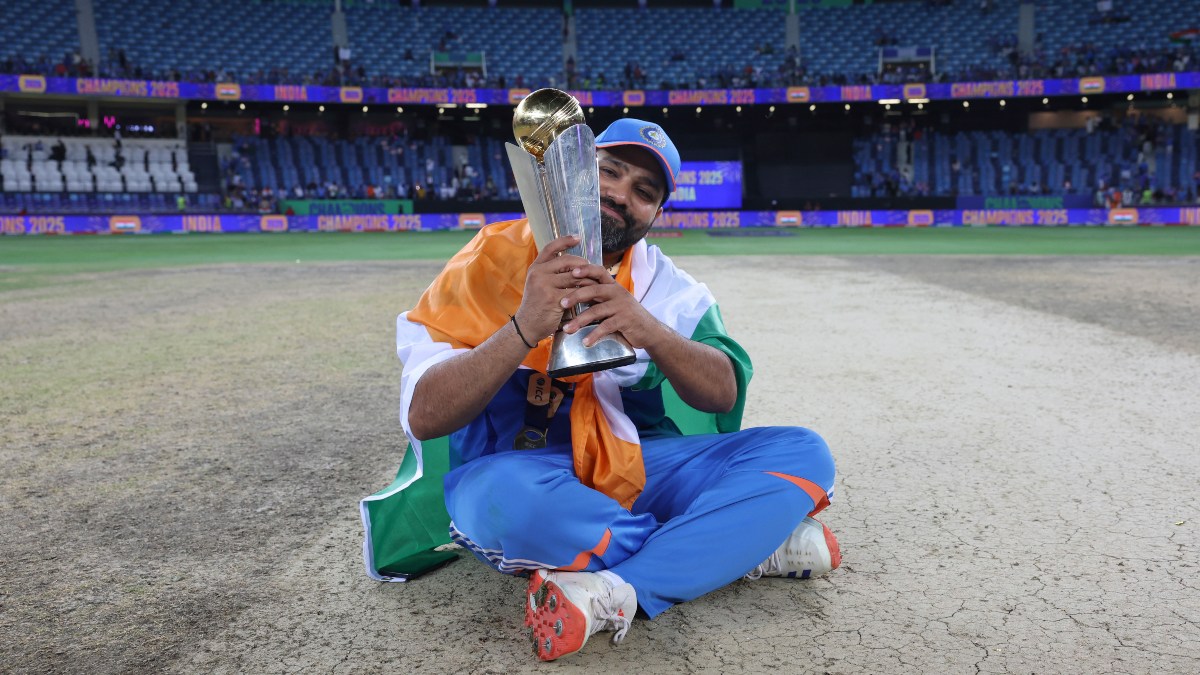)

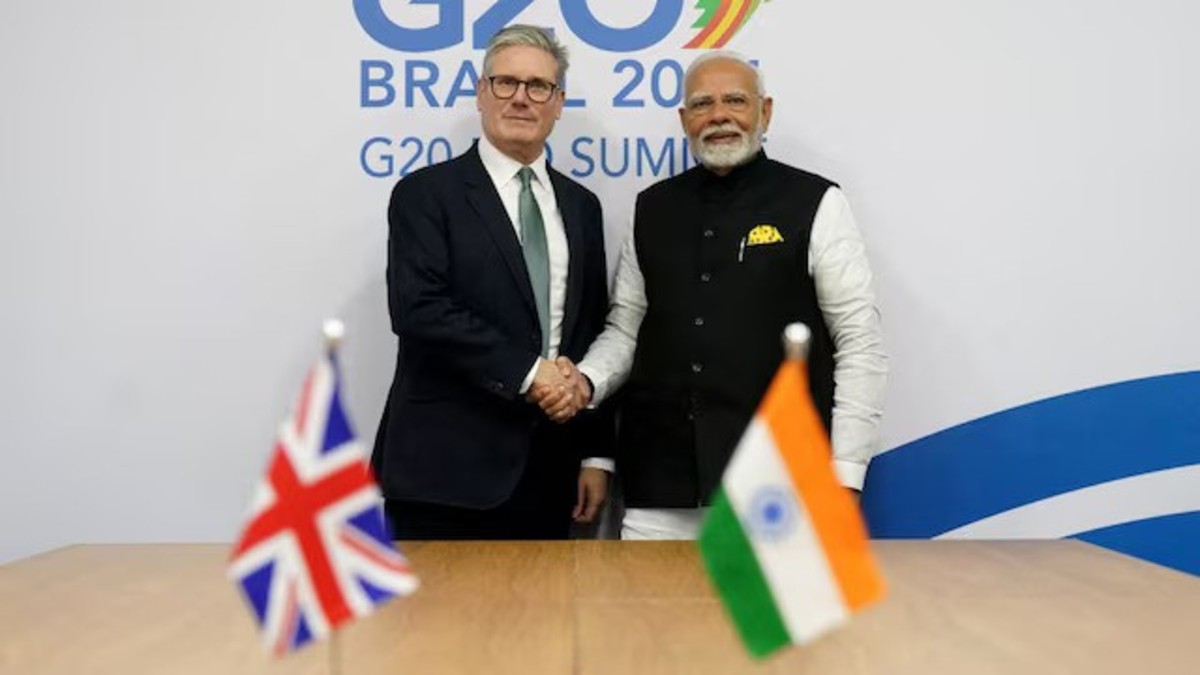)
)
)
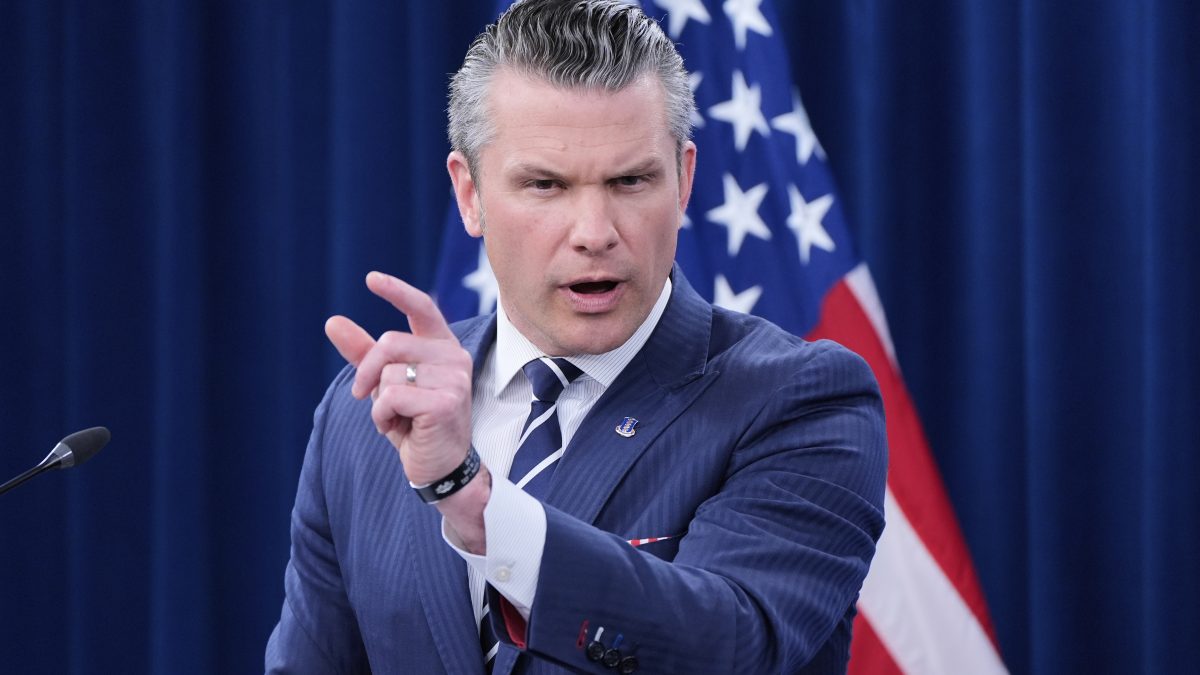)
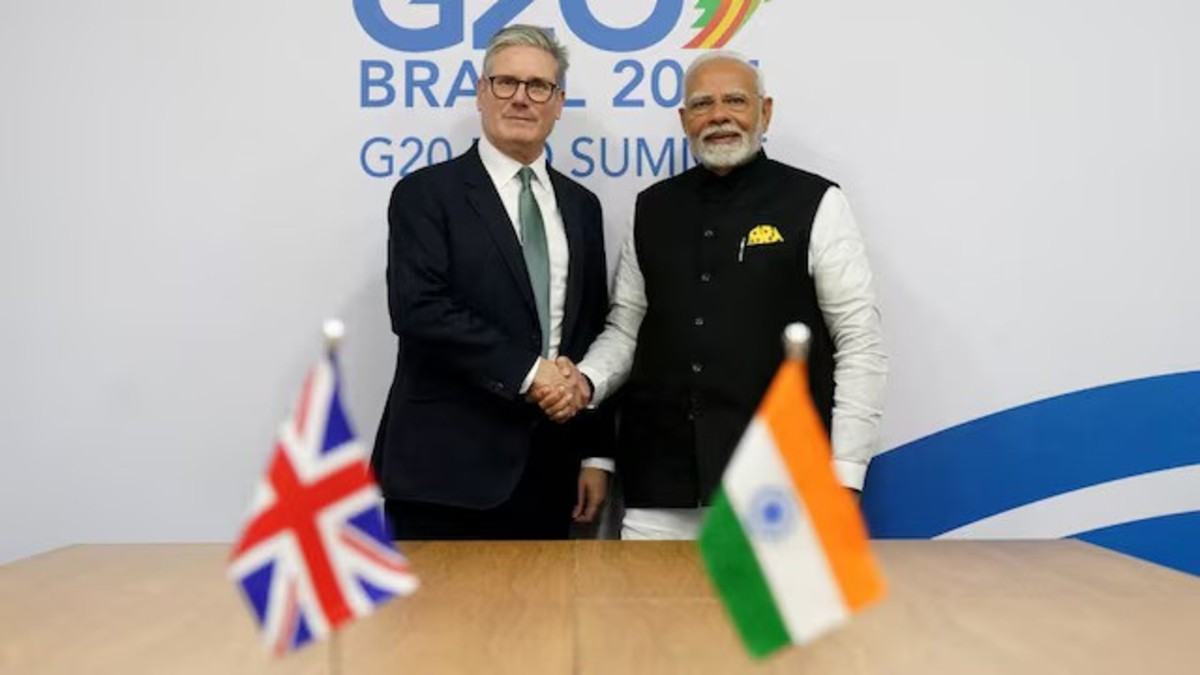)
)
)
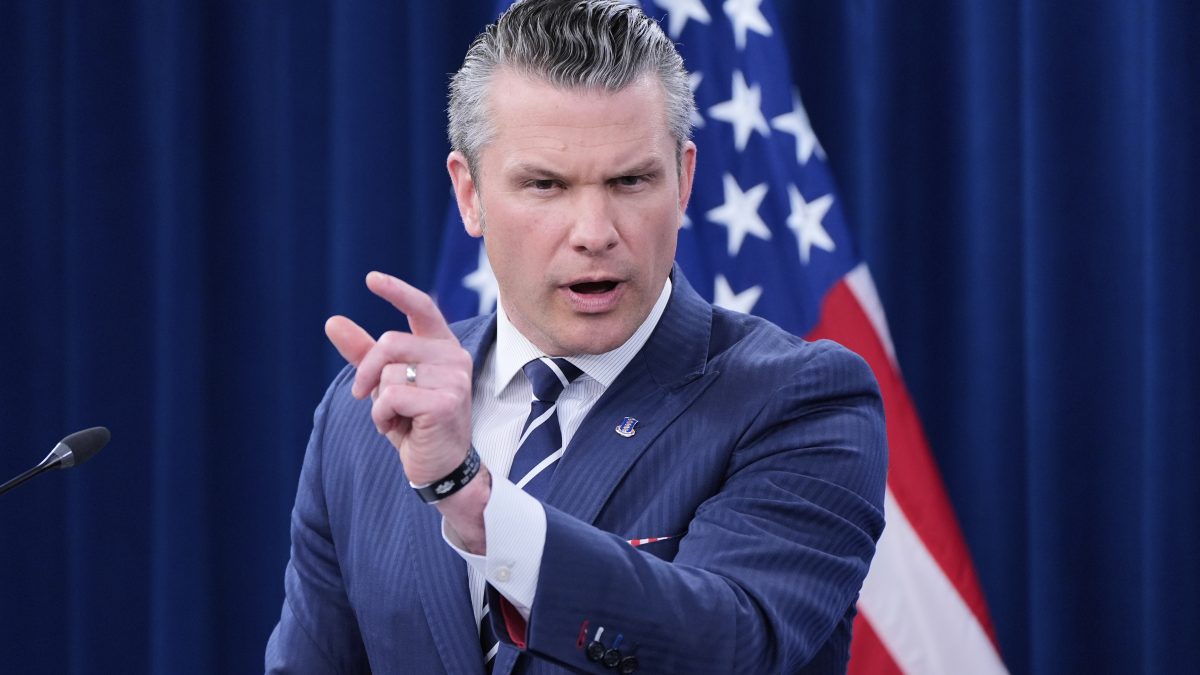)



